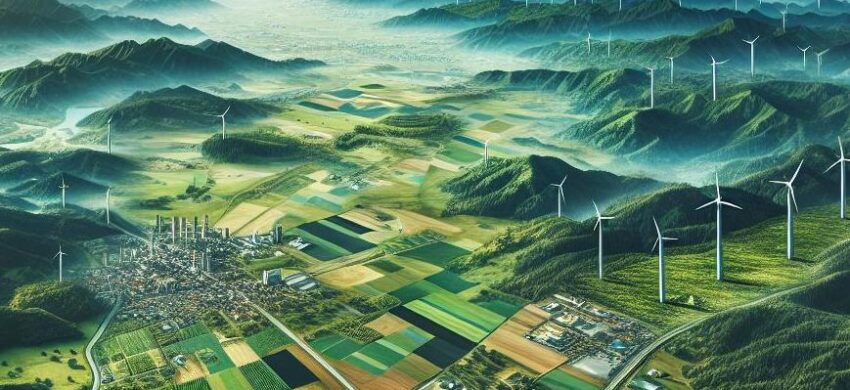Future land use policy trends will almost certainly be guided by the increasing urgency of addressing environmental challenges and promoting sustainable development. Policies are expected to further incorporate strategies that reduce energy consumption, land degradation, and carbon emissions. These may include encouraging use of renewable energy sources on land, optimizing land for carbon sequestration through practices like afforestation and reforestation, and promoting urban green spaces for biodiversity conservation. The integration of technology and data analytics in land use planning also promises to fuel policy advancements to enable planners to make more informed, accurate, and forward-looking decisions.
Another significant trend shaping future land use policies will be the changing dynamics of urbanization and the need to address urban sprawl. As the world population continues growing, particularly within urban areas, policy will have to find a delicate balance between accommodating this growth and limiting per capita land consumption. In urban contexts, policies may promote strategies such as compact building design, mixed-use zones, and effective public transportation systems.
The emerging concept of ‘smart growth’ is also likely to further influence land use policy, pushing for urban development that maintains the economic viability of city centers, protects the environment and, importantly, fosters socially inclusive communities.
 |
 |

